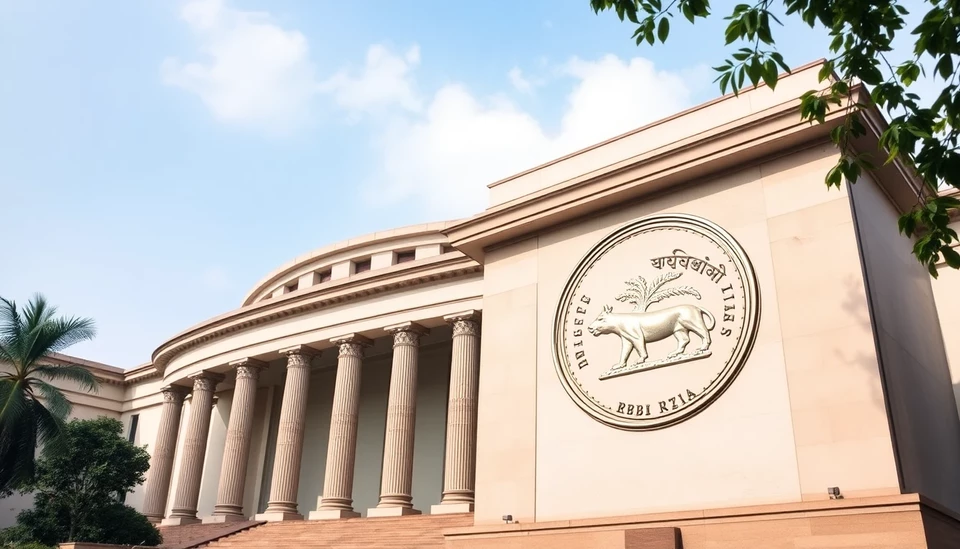
In a significant development for the Indian financial landscape, a coalition of major banks in India is urging the Reserve Bank of India (RBI) to establish a new benchmark interest rate for the swaps market. This push comes amidst concerns over the current system’s relevance and its capacity to reflect the evolving dynamics of the country's economy.
The current benchmark used for swap transactions is based on the Mumbai Interbank Offered Rate (MIBOR), but players in the financial sector argue that MIBOR has not adequately captured the market’s real-time liquidity and risk parameters. As the swaps market becomes increasingly pivotal for hedging and managing interest rate risks, the necessity for a refined benchmark has never felt more pressing.
The banks’ grievances primarily center around the fluctuations and variances in MIBOR, which they contend do not favorably represent the actual conditions under which they are operating. In an era that emphasizes transparency and efficiency, there is a growing belief among these financial institutions that the existing benchmarks fail to meet the rigorous standards required in the contemporary business environment.
To address these concerns, the banks are suggesting that the RBI consider adopting a rate based on more stable metrics, which could potentially involve a comprehensive assessment of actual transaction data rather than relying solely on estimates. This would foster a more consistent and reliable mechanism for setting interest rates on swaps, allowing institutions to better navigate their financial strategies.
The ramifications of this move could be substantial. A new benchmark could provide a more resilient foundation for the swaps market, bolster confidence among investors, and stimulate more robust trading activity. Furthermore, establishing a new standard could align India’s financial practices more closely with international benchmarks, thereby enhancing its reputation on the global financial stage.
As negotiations continue, the RBI is expected to take the banks' proposals seriously, indicating that reforms may be on the horizon. The central bank has a history of evolving its policies in response to market feedback and the changing economic landscape. It remains to be seen how quickly these changes can be implemented, and whether the introduction of a new benchmark will effectively address the concerns raised by the banks.
Industry analysts are closely monitoring this situation, as the final outcome could have profound implications not only for financial institutions but also for the broader economy. The swaps market is a crucial component of the financial infrastructure, and its stability is essential for fostering an environment of trust and reliability among investors and institutions alike.
In conclusion, the call for a revised benchmark for the swaps market by Indian banks highlights the ongoing need for adaptation and reform within the finance sector. As these negotiations unfold, it will be imperative for stakeholders to remain engaged and informed to navigate the changes that may lie ahead.
#IndianBanks #RBIMeeting #SwapsMarket #FinancialReform #InterestRateBenchmarks
Author: Rachel Greene
